Rhode Island Voters Can Access Election Data Through Updated Mobile Website
In an effort to increase voter participation, especially among millennials, the Rhode Island secretary of state’s office recently developed and released an updated, mobile-friendly version of its Voter Information Center.
Individuals can use the improved site to view polling locations, including a map and directions; upcoming election dates and deadlines; ballots; a list of federal, state, and local elected officials with contact information; and other helpful information in English or Spanish. Users who provide additional personal information can also access their voter registration status and party affiliation as well as information about submitting mail ballots.
The mobile-friendly version of the Voter Information Center is among Secretary of State Nellie Gorbea’s efforts to ensure that voters are prepared before heading to the polls. When asked about the benefits of the new site, Rhode Island Elections Director Rob Rock said: “We have already begun hearing about the benefits from voters. The easy access to their personalized information is key. Also, [the site] provides 24/7 service, which is consistent with the way we live our lives today.”
The Rhode Island secretary of state’s office also works with the Voting Information Project (VIP) to deliver official election data to the public. VIP, a project of The Pew Charitable Trusts, is a partnership with the states and Google to ensure that U.S. voters have the information they need, such as where to vote and what’s on their ballots. VIP uses the Google Civic Information API to power various tools and applications, including the Voting Information Tool, Get to the Polls, short messaging service (SMS) tool,* and white-label iPhone and Android applications, as well as candidate, campaign, and media websites.
During the April 26 presidential preference primary, thousands of Rhode Island voters accessed their information through Get to the Polls and VIP’s SMS tool, which was promoted by the secretary of state’s office. Several of the presidential candidates’ campaigns also used VIP data to reach voters in the state, as did third-party groups.
* By sending a text message to Pew, you consent to receive voting information via texts from an automated system. This is a free service, but standard text message rates may apply. You may revoke consent by contacting Pew, including by texting STOP.
This post was previously featured on Pew’s Election Data Dispatches. The Data Dispatches provide data, research, and analysis about election administration in the U.S. Follow future Data Dispatches on Twitter using #electiondata and get the latest data dispatches, research, and news by subscribing today.
